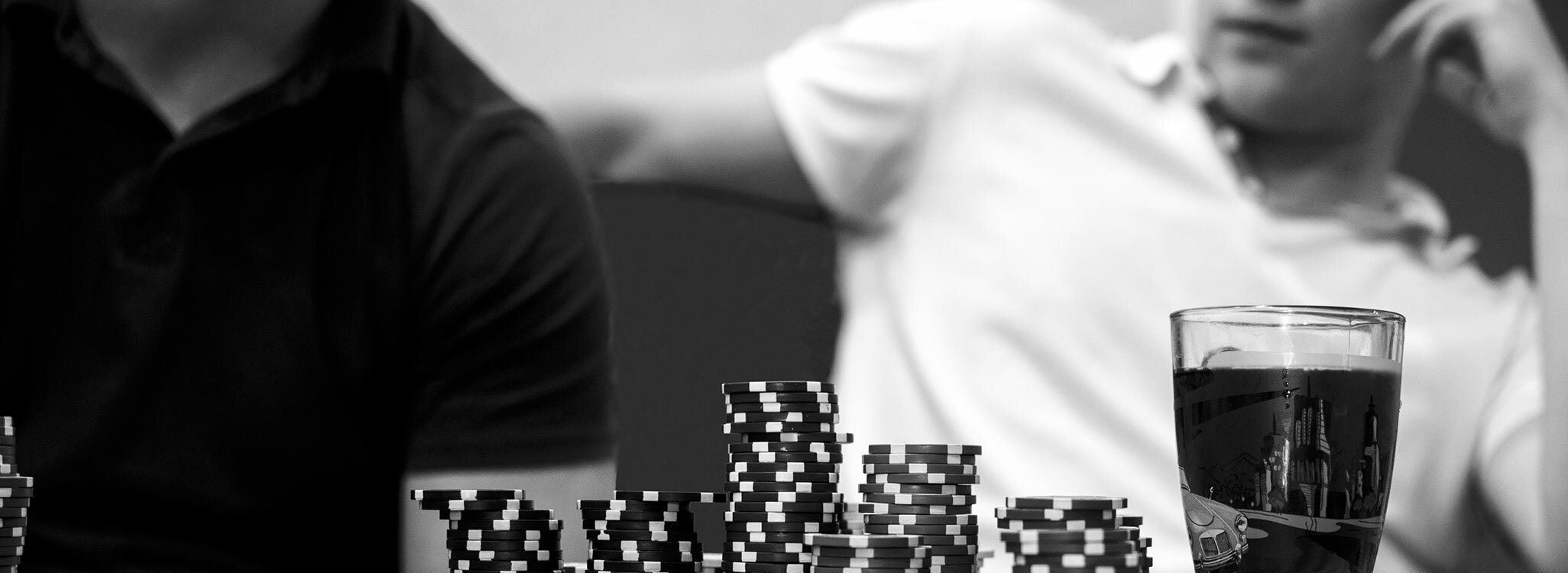Best Treatment To Stop Gambling
- Best Treatment To Stop Gambling Debt
- Best Treatment To Stop Gambling Loss
- Best Treatment To Stop Gambling Addiction
- Best Medication To Stop Gambling

Best Treatment To Stop Gambling Debt
While not a medication to stop gambling, antidepressants may be used for people with a gambling addiction who also struggle with depression. By treating the underlying depression, the urge to gamble compulsively may be reduced. This is especially true in cases where a person uses gambling to escape their feelings of depression.
But while everyone was busy getting cross, the most important question went unanswered: If doctors believe that gambling addiction – which is usually a behavioral disorder rather than an overtly chemical one like alcoholism or drug addiction – can be helped by drugs, what does this tell us about how addiction works?


Best Treatment To Stop Gambling Loss
- Problem gambling, also known as compulsive gambling, pathological gambling, or gambling addiction in laymen’s terms, is a mental health issue that affects close to 0.5% of the population. It’s characterized by the compulsive need to spend money on gambling and gambling without a stop.
- Seeking an evaluation from a professional and discussing treatment options is the best way to choose the right gambling addiction solutions for you. Where to Find Gambling Addiction Treatment for a Friend or Family Member. The sooner a person receives treatment for a gambling addiction, the easier it is to stop the progression of the illness.
At first glance, substance addiction and behavioural addictions look pretty different. The first involves putting drugs in your body that have a chemical effect on the brain; it’s an easy concept to grasp. But compulsive behaviours such as gambling are less clear cut. Most decisions we make involve some kind of gamble, whether it is buying a new brand of chocolate (it may be disgusting…) or putting our savings in the stock market. Mostly though, we don’t feel like we get a high while doing it – in fact, often it might just feel like a chore.
But when a gamble pays off, something happens in our brains that is very similar to the effects of drugs or alcohol. There is a rush of euphoria – a feeling of deep pleasure and heightened energy – as the brain is flooded with naturally occurring chemicals such as dopamine and norepinephrine. In fact these are exactly the same chemicals that are released when we drink alcohol. And just like with alcohol, you can get used to this feeling – indeed your brain can physically adapt so that it needs it in order just to feel normal.
Compulsive gambling can be just as corrosive and unsustainable a dependency as a class A drug like heroin or cocaine. According to NHS estimates, there may be almost 600,000 gambling addicts in the UK. Due in part to the accessibility of internet gambling, this means there are over half a million people in the UK likely to suffer stress, anxiety and depression as a result, and more likely to end up convicted of theft or fraud.
If gambling addiction boils down to a chemical change in the brain, then in theory the idea that it could be treated with medical drugs might hold some water. Last year the NHS National Problem Gambling Clinic in London ran a trial in which they prescribed naltrexone for the first time to problem gamblers. The trial was small – to date, only five people have undergone the treatment. But all have had positive outcomes. Now, the drug is being offered on the NHS as a follow up to the trial. If the results are good, it will be made a permanent fixture of gambling addiction treatment in the UK.
Best Treatment To Stop Gambling Addiction
The problem with naltrexone is that although it has been shown to be effective in helping addicts towards recovery, no one is really sure how it works. We know that it blocks the euphoric effects of drugs, alcohol and gambling, and as such reduces the incentive to partake in these activities. This appears to work because naltrexone has an effect on a reward and pleasure center in the brain called the dopaminergic mesolimbic pathway, which is thought to be a key player in a wide variety of substance addictions. This would explain why a number of studies in recent years show that, for problem gamblers, naltrexone treatment can dramatically reduce the compulsion to gamble as well as alleviate depressive symptoms.
Best Medication To Stop Gambling
But there is a risk here. There is a tendency in the UK for addiction treatment to lean on medical drugs such as naltrexone as the cornerstone of recovery, while sidelining treatment options such as therapy and mutual support. After all, drugs are often cheaper and easy to administer, and when health care is running on an ever tightening budget, this might seem appealing. Further studies are needed to show naltrexone is a safe and effective aid to gambling recovery, but even if it is proven to work, it should not work alone. Addiction is a complex disease, and recovery works best when approached from all angles.